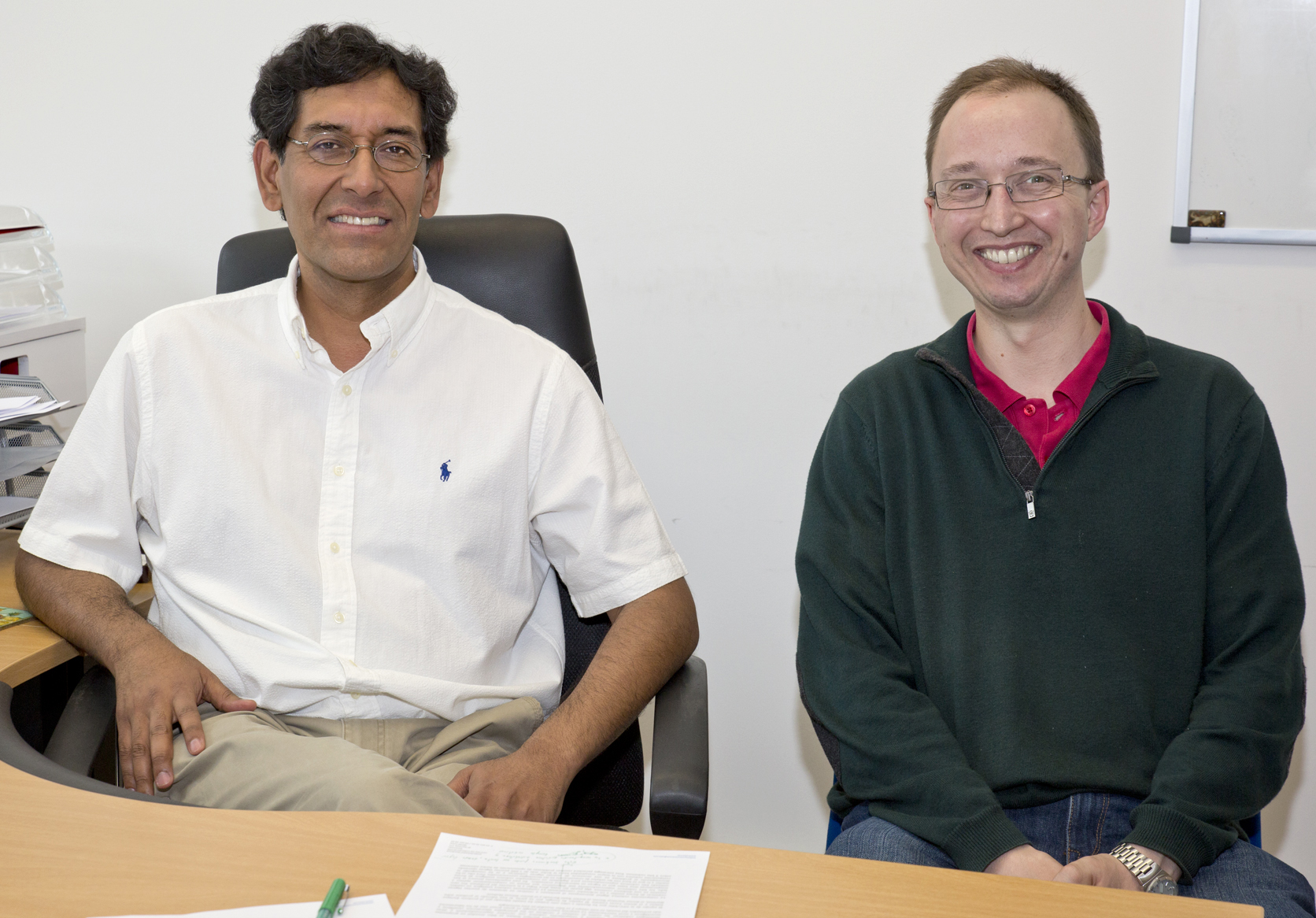UPV and Google universally digitize analog quantum computing
2016/06/08 Elhuyar Zientzia Iturria: Elhuyar aldizkaria

The QUTIS research team at the University of the Basque Country and Google's quantum computing team have collaborated on a pioneering experiment that universally digitizes analog quantum computing into a superconductor chip. They have worked in Google laboratories and have been published in the journal Nature.
Digital quantum computing breaks down through quantum logical gates the problem to be solved, like a normal computer. Analog quantum computing is a continuous dynamic to solve the problem. This dynamic can be slow, for example, in the case of adiabatic quantum computing based on quantum tenple. In this pioneering experiment, superconductive quantum bits have been used to digitize an analog quantum computer, as is done with communication signals in conventional technology.
To do this, the problem has been broken down into a sequence of quantum logical gates, obtaining the quantum computing of greater complexity so far: More than 1,000 logical gates working on 9 quantum bits. This strategy will allow the universal solution of optimization problems. It has been advanced that it will be useful in the financial field or in the design of new materials or products of the pharmaceutical industry, among others.

Gai honi buruzko eduki gehiago
Elhuyarrek garatutako teknologia




